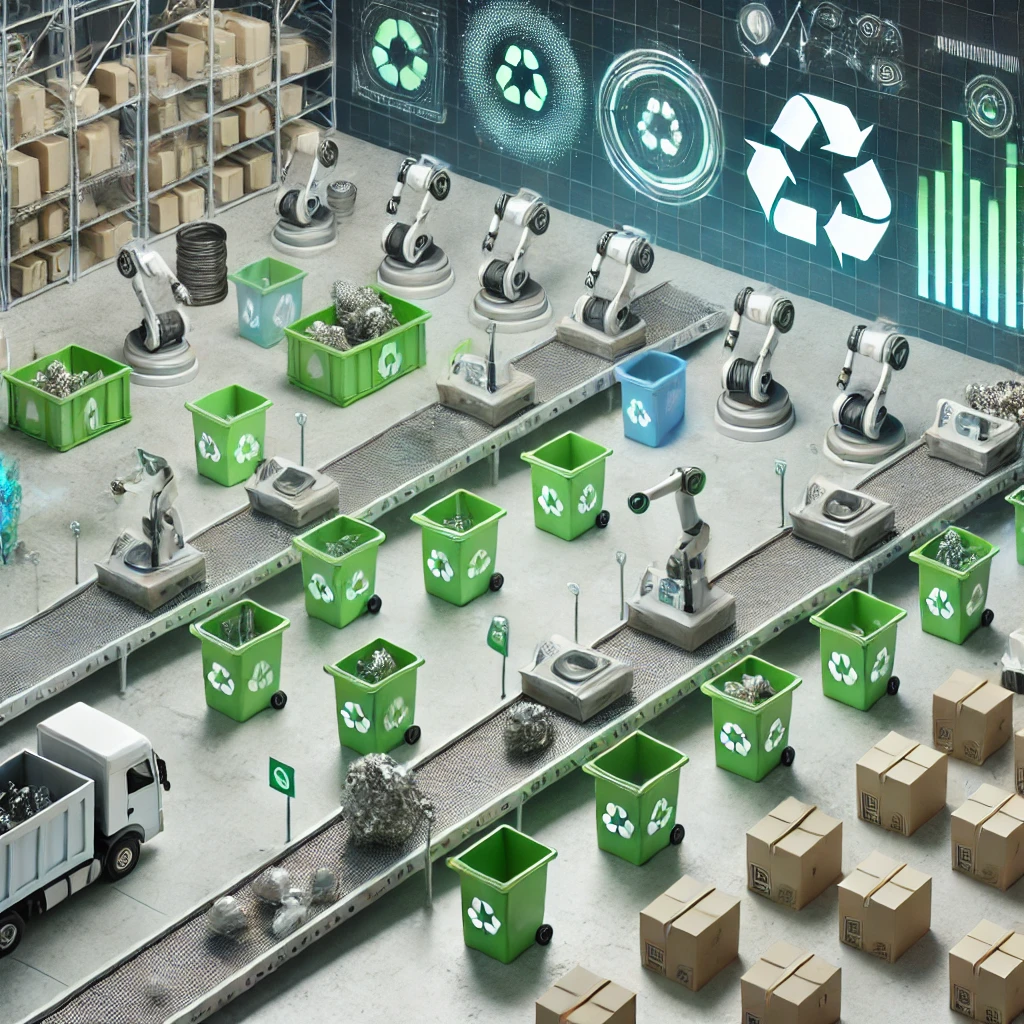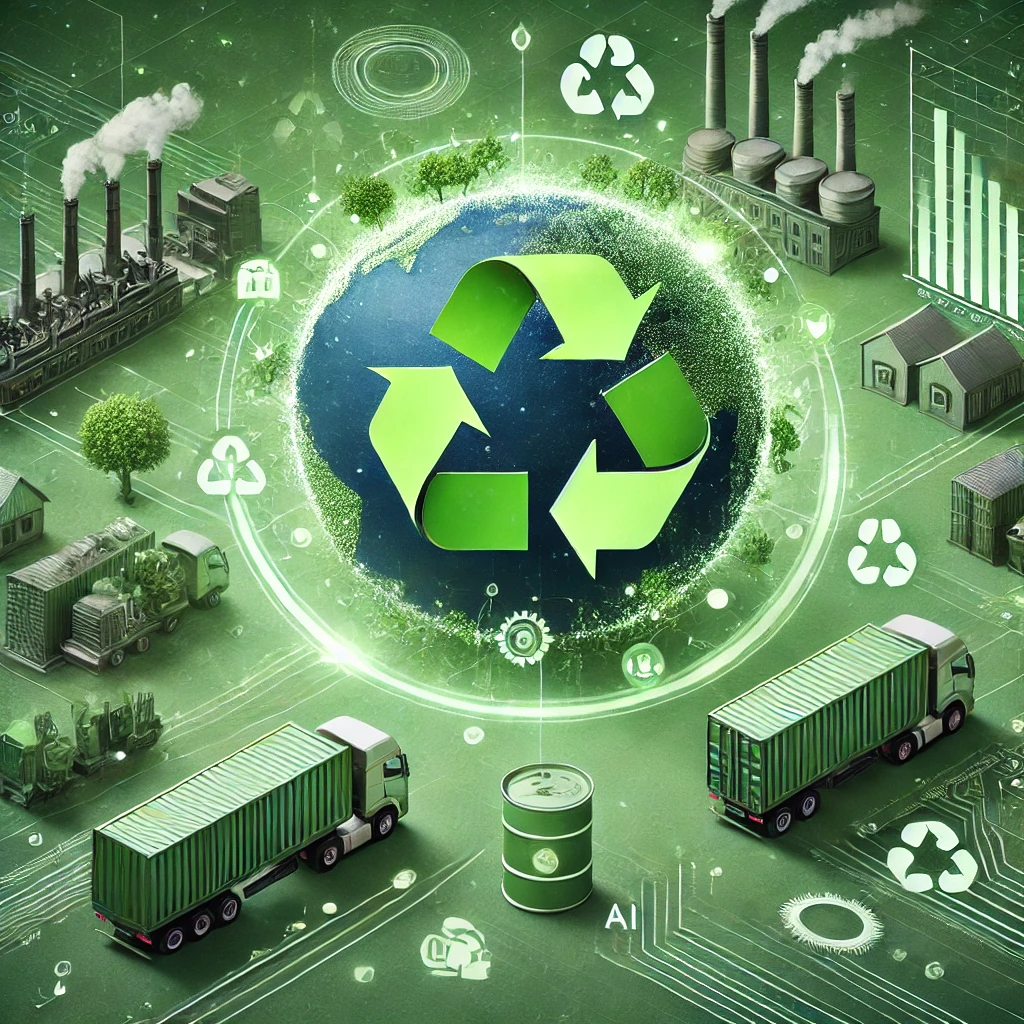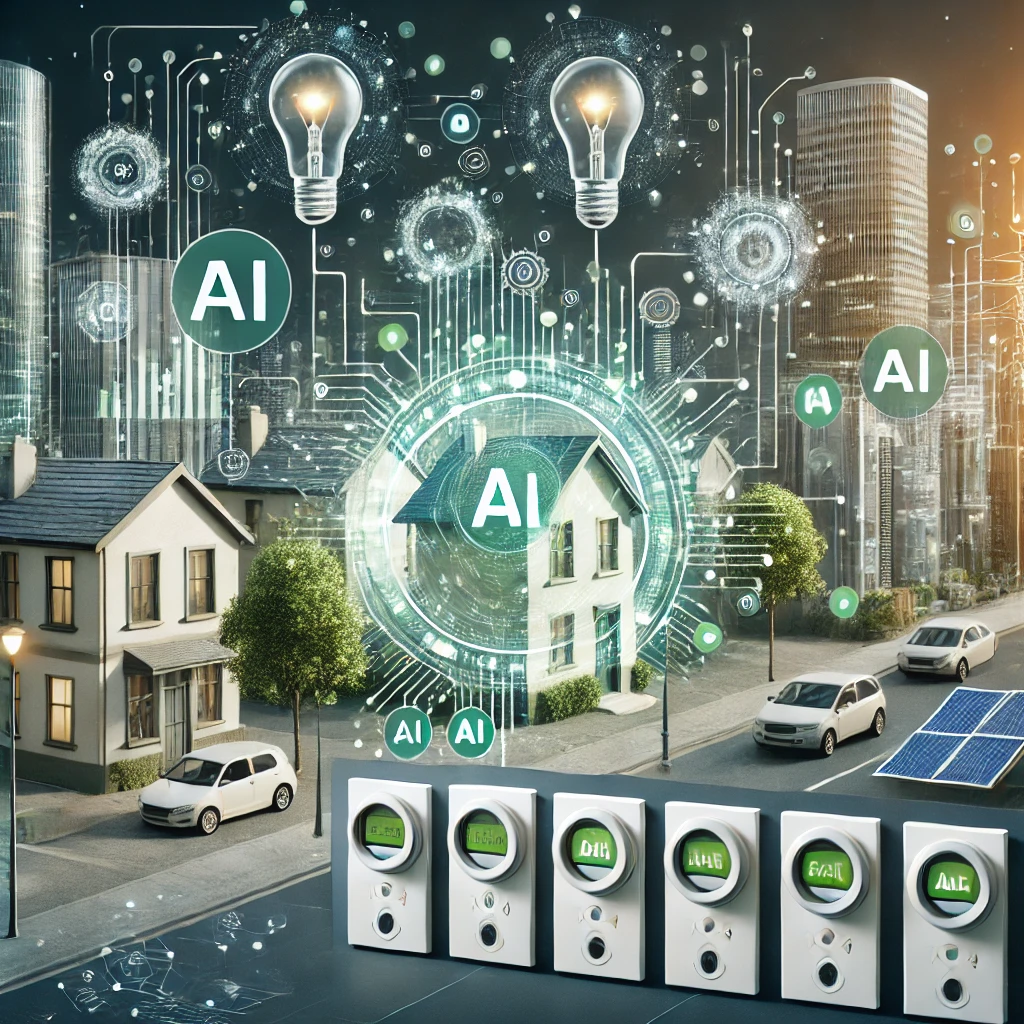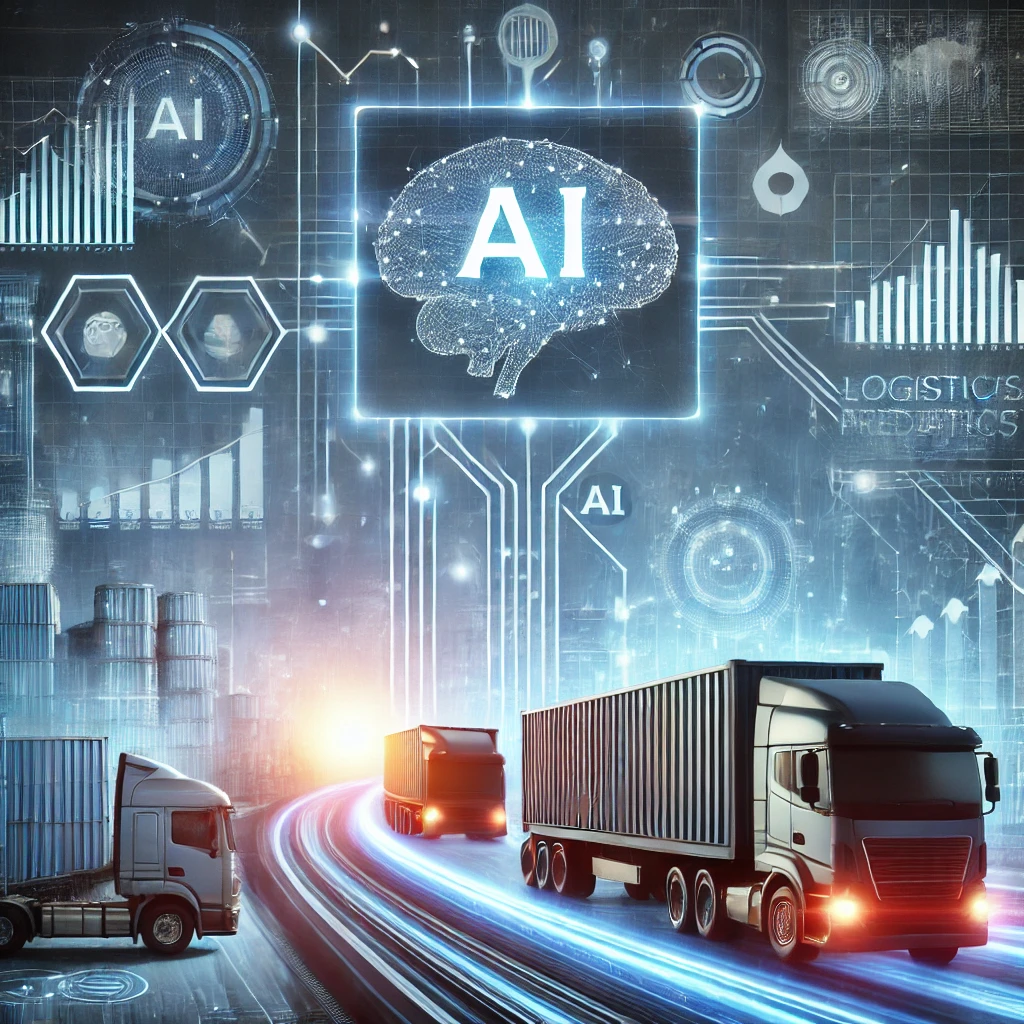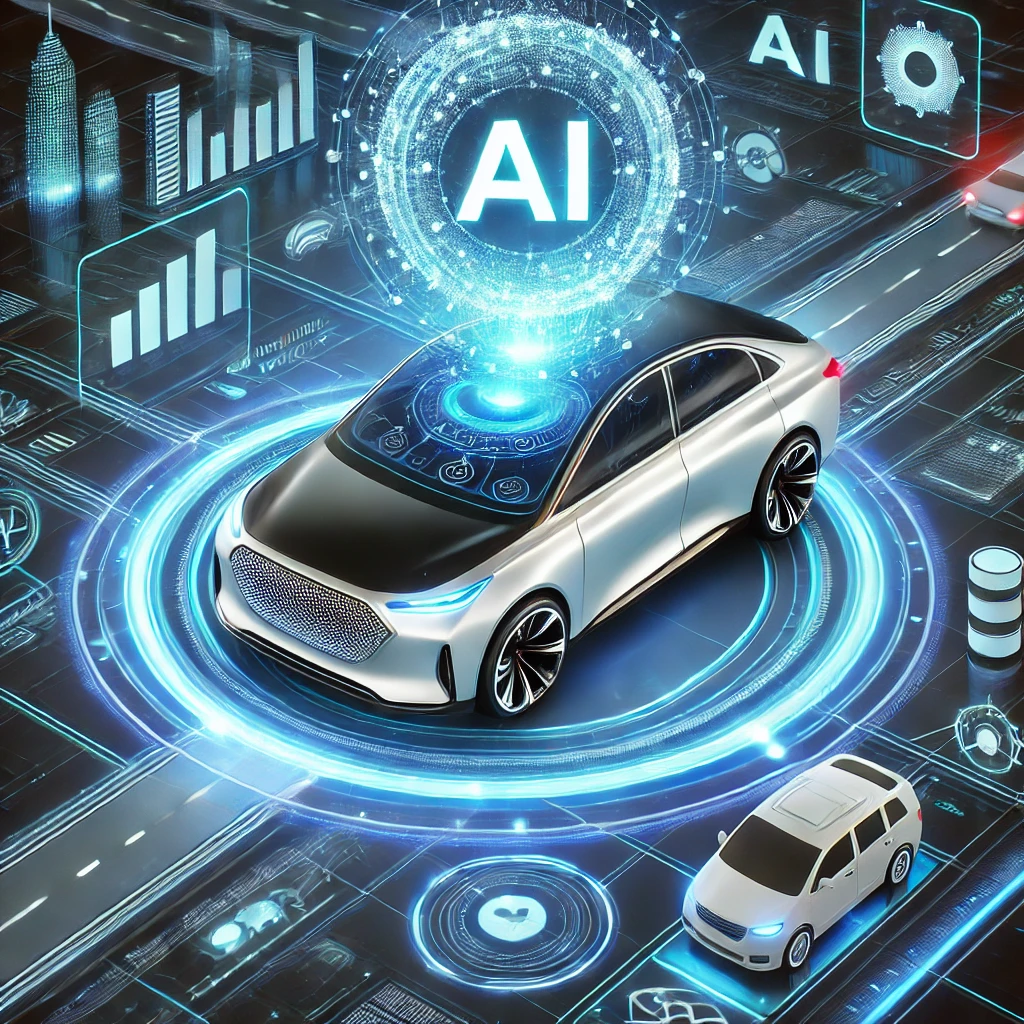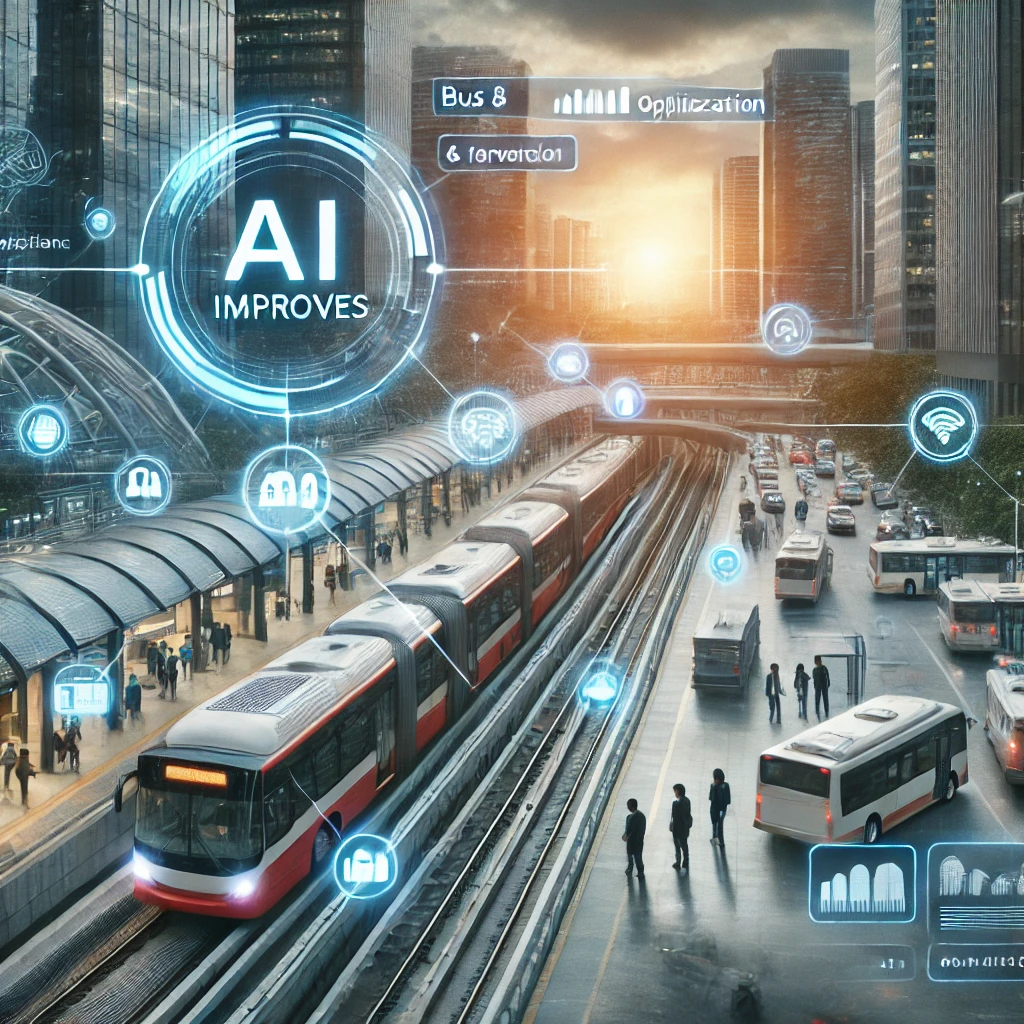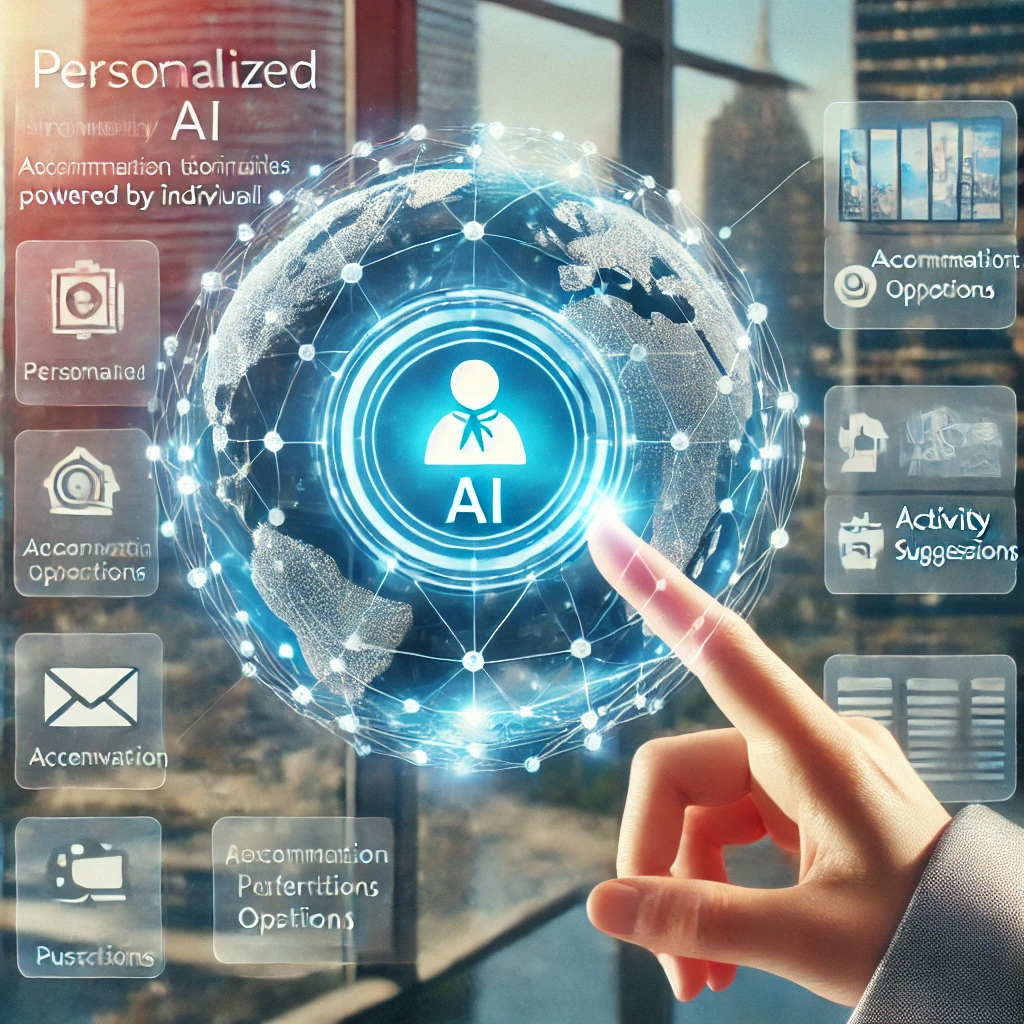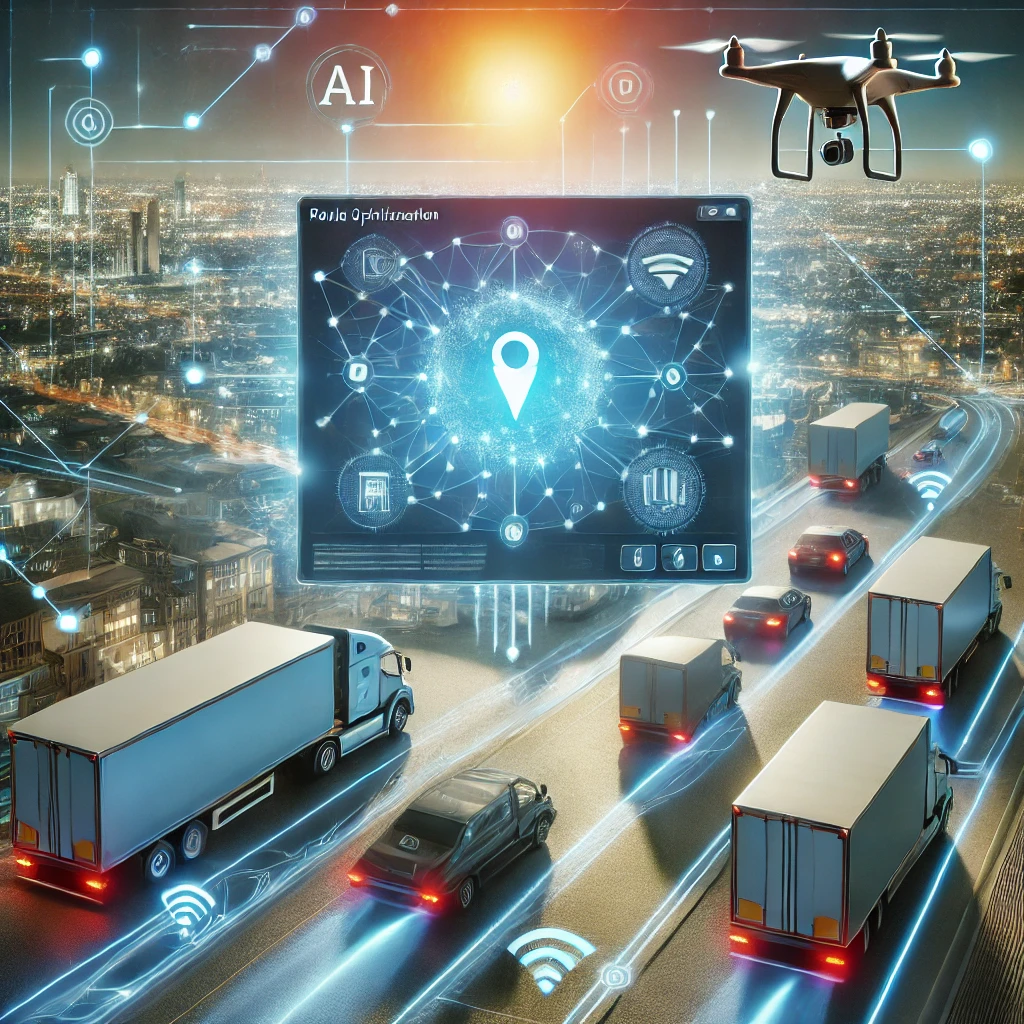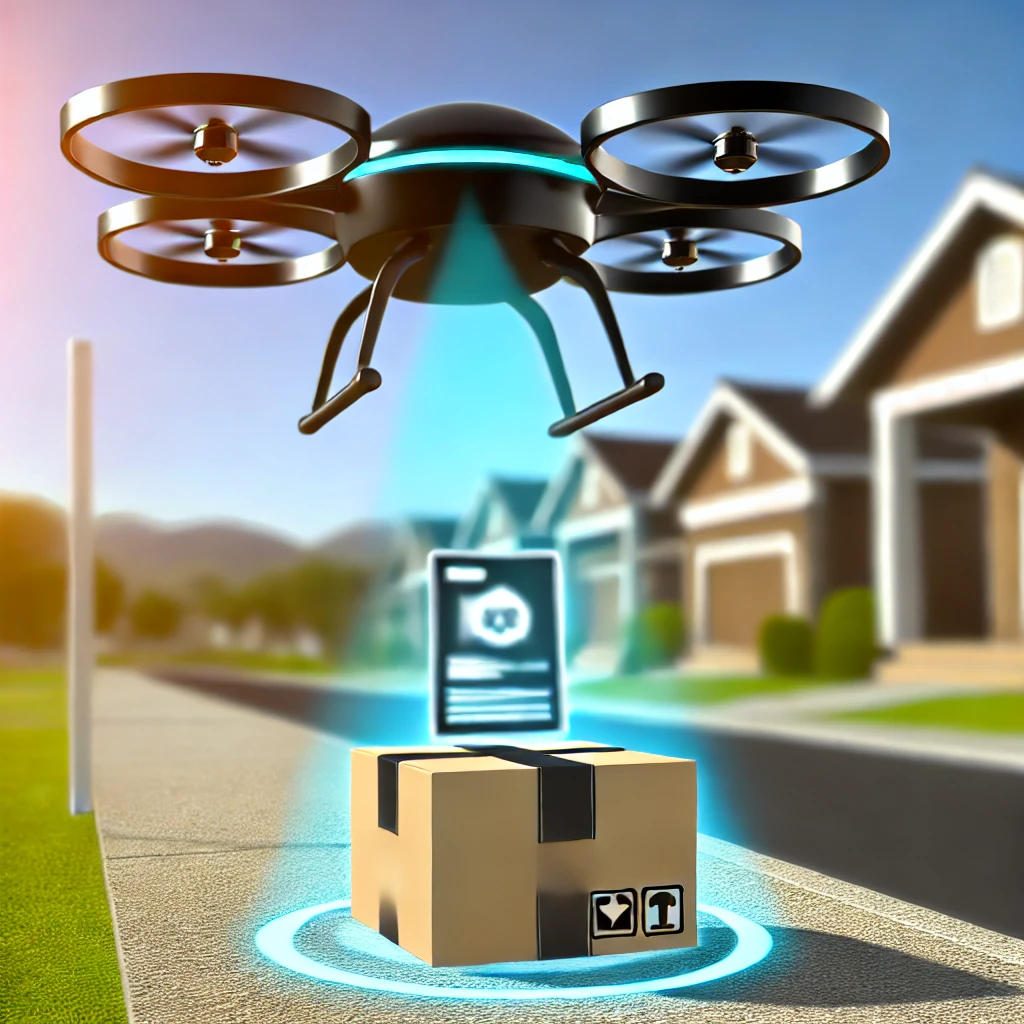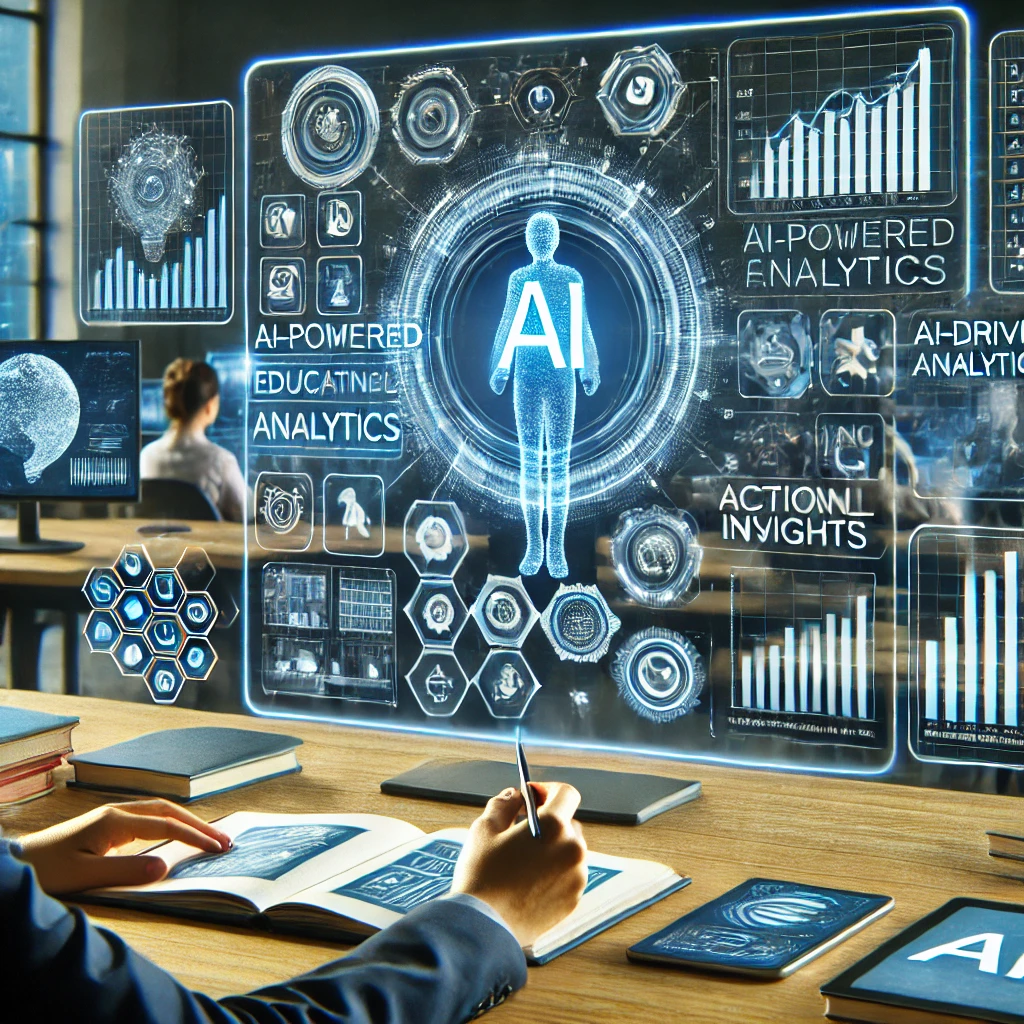Waste Management Solutions: Leveraging AI for Efficient Sorting and Recycling of Waste Materials
AI is transforming waste management by enhancing the efficiency and accuracy of sorting and recycling processes. From robotic systems to machine learning algorithms, AI-driven solutions are helping to reduce contamination, cut costs, and support sustainability goals. This blog explores how AI is shaping the future of waste management and the challenges that lie ahead.

